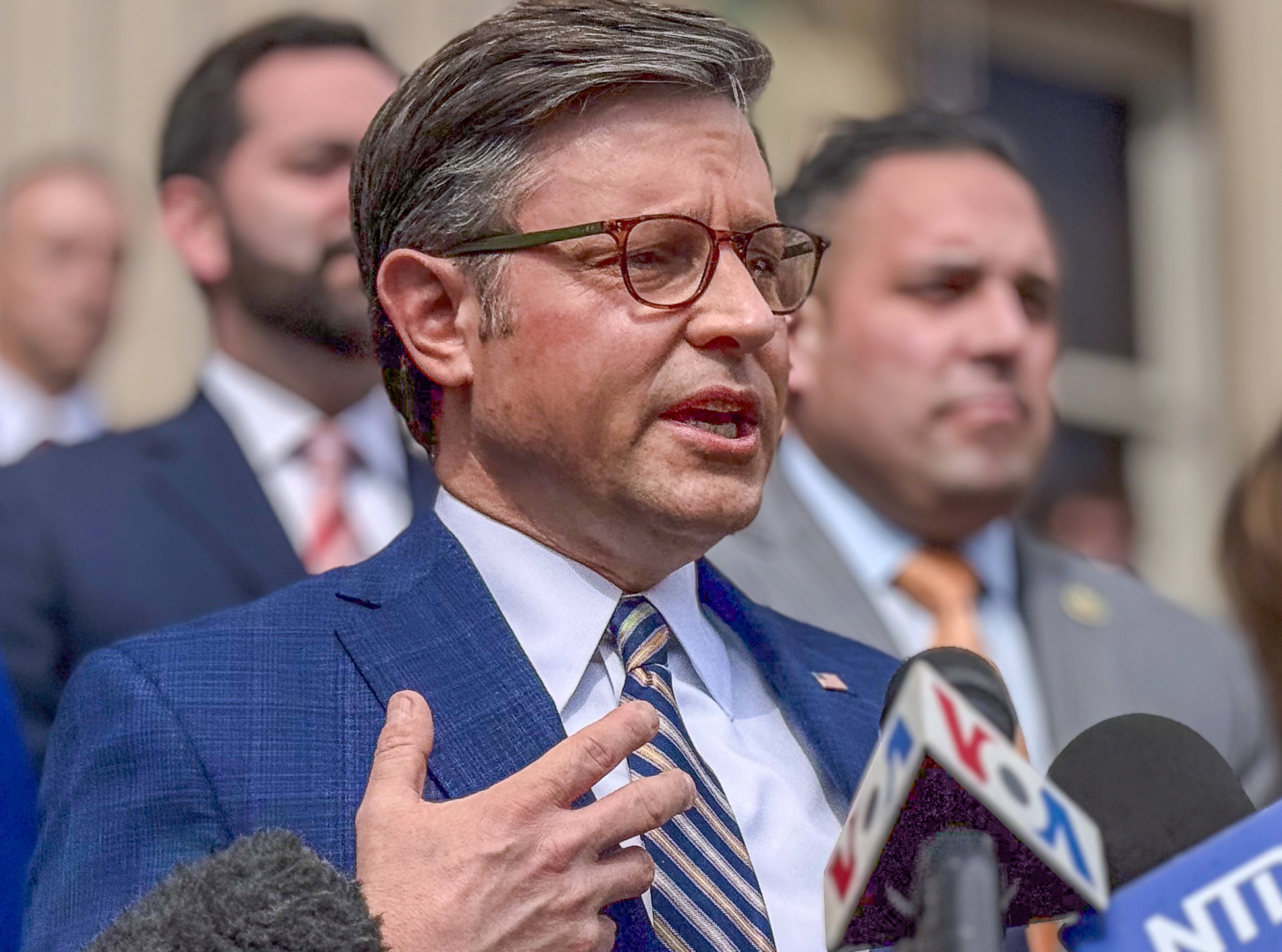The biggest stories in the auto industry always include some excitement, intrigue and financial implications. The way former Nissan and Renault boss Carlos Ghosn escaped from Japan in 2019 was as if it was lifted from a movie script.
Four years later, that story is getting the Hollywood treatment. "Wanted: The Escape of Carlos Ghosn" premieres on Apple TV+ on August 25.
The four-part docuseries quickly follows Ghosn though his childhood, first in Brazil and then Lebanon, and then joins his career at French automaker Renault before the company and Nissan formed an alliance in 1999. Ghosn ended up being CEO of both companies, even as allegations of wrongdoing swirled around him.
"Wanted" follows Ghosn's arrest in Japan and the time he served there, before being released on strict house arrest. It was from there that he made his escape with help from ex-Green Beret Michael Taylor and his son, hiding in a large music case that was not inspected at the airport.
Today, Ghosn resides, where extradition treaties are few and far between. Additional charges from the French government, having to do with his time at Renault, compound his problems.
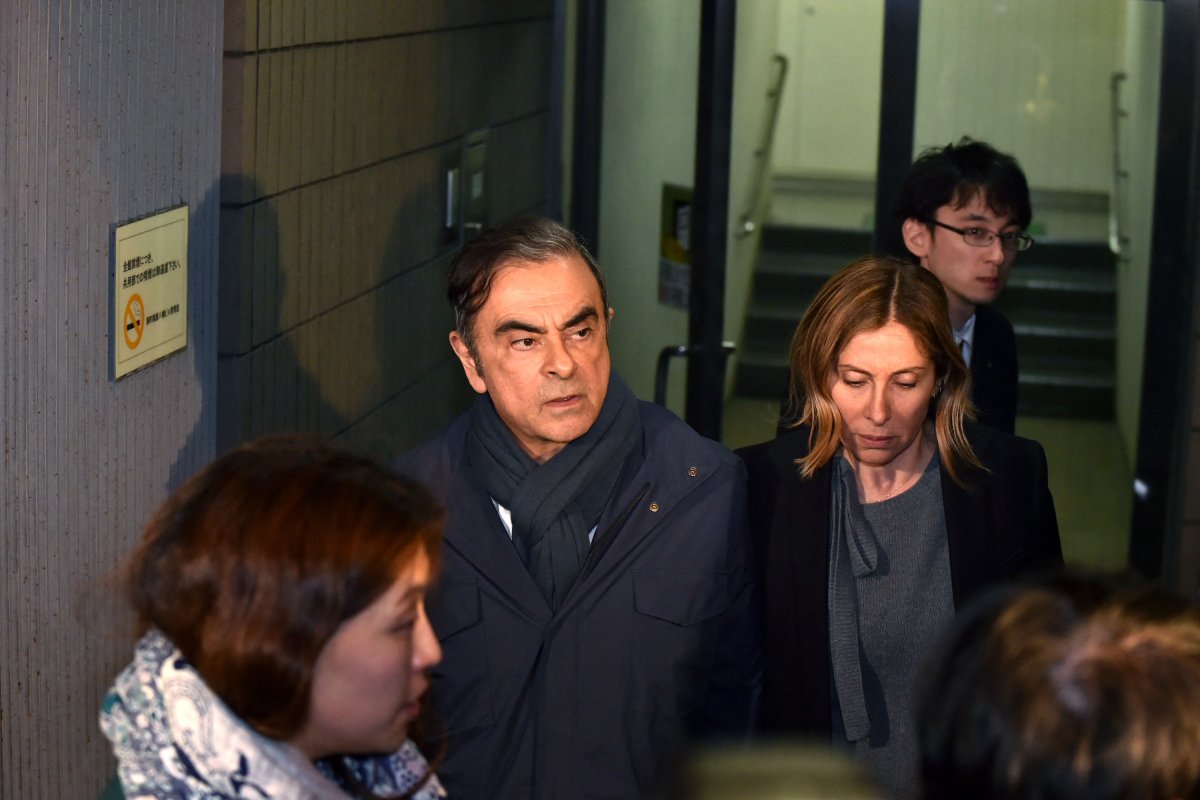
"Wanted" talks to almost everyone involved in the plot, in an effort to fairly and accurately assess what really happened before and after that infamous escape day.
Series director James Jones sat down with Newsweek to discuss what it was like to make the film and divulges how he got Ghosn and his wife to agree to participate.
What was it about former Nissan boss Carlos Ghosn's story that spoke to you?
James Jones: "I have made a lot of films about social justice issues - murderous police in the Philippines, the war in Iraq - all sorts of stories. I think it's the first project ever worked on where no one dies.
"What spoke to me about this was that it felt both exciting, it has like the Hollywood heist element of the escape obviously, but it also journalistically so rich.
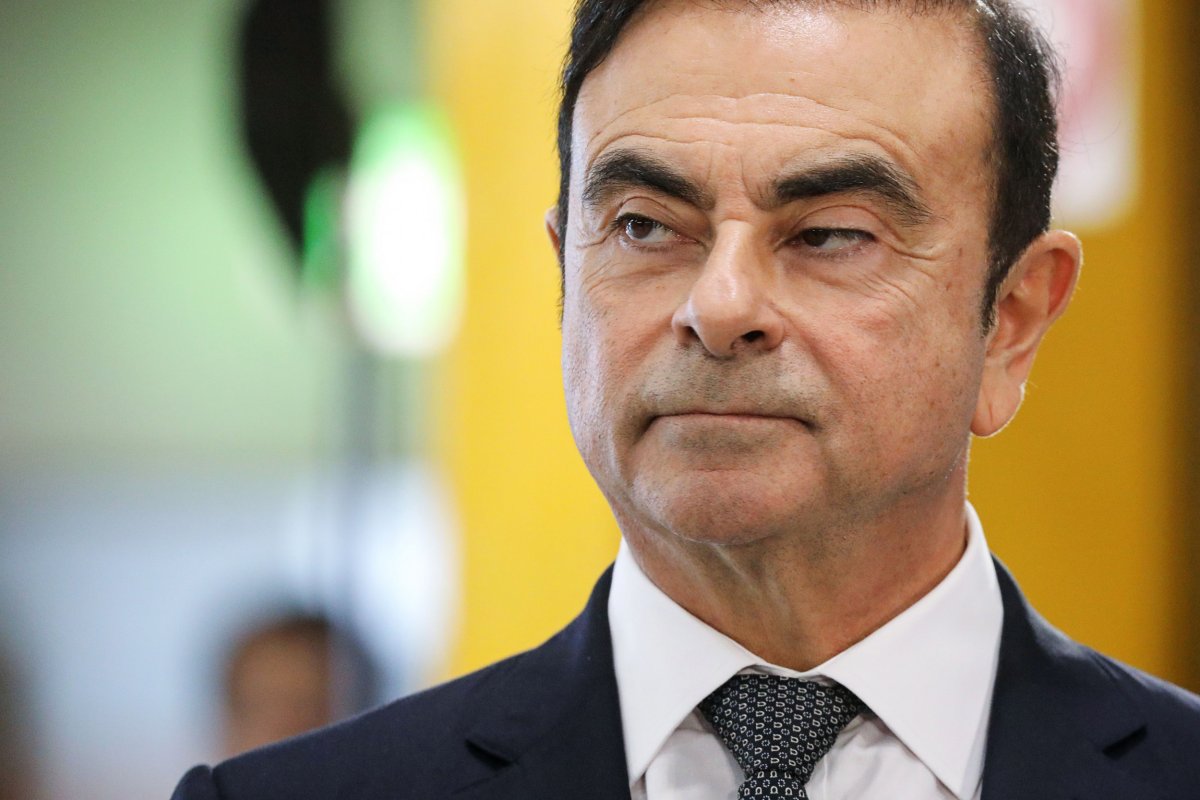
"The more you scratched away at this subject, that kind of darker it became. In one direction you discover a conspiracy to take Ghosn down, the other direction you'd uncover that there was more to Carlos Ghosn than the world knew previously. So I felt that would be worth investing a couple of years of our lives to really get into it and get all the key people to speak on camera."
Were you following the story as it happened?
Jones: "So I had vaguely heard of Carlos Ghosn, when he was arrested I was aware of it. And then the escape, I remember the headlines that said 'Double Bass' on the front page. So like most people I had just a very broad brush idea of Ghosn. He was a superstar business executive turned fugitive, but really knew none of the detail of even what he was accused of, or his time in solitary confinement in Japan or any of those details. It was a thrill for this whole world to be opened up to us."
How long did you work on the project?
Jones: "We started in the summer of 2021 and the story is developing as we're making the movie. The Taylors, Micheal and Peter, his son, were arrested in the States and then extradited and then spent time in Japan. One of the reasons our production took so long is that we were hoping that when they got released, we will be able to speak to them. In the end it all came together."
How did you get Ghosn to participate?
Jones: "It was early 2022 when I went to meet him in Beirut. We met him and his wife Carol on the roof of a hotel and I told them about the project. They had done another documentary; they were kind of tied to that. But instinctively they wanted to take part because they think, quite rightly, they're probably their own best advocates.
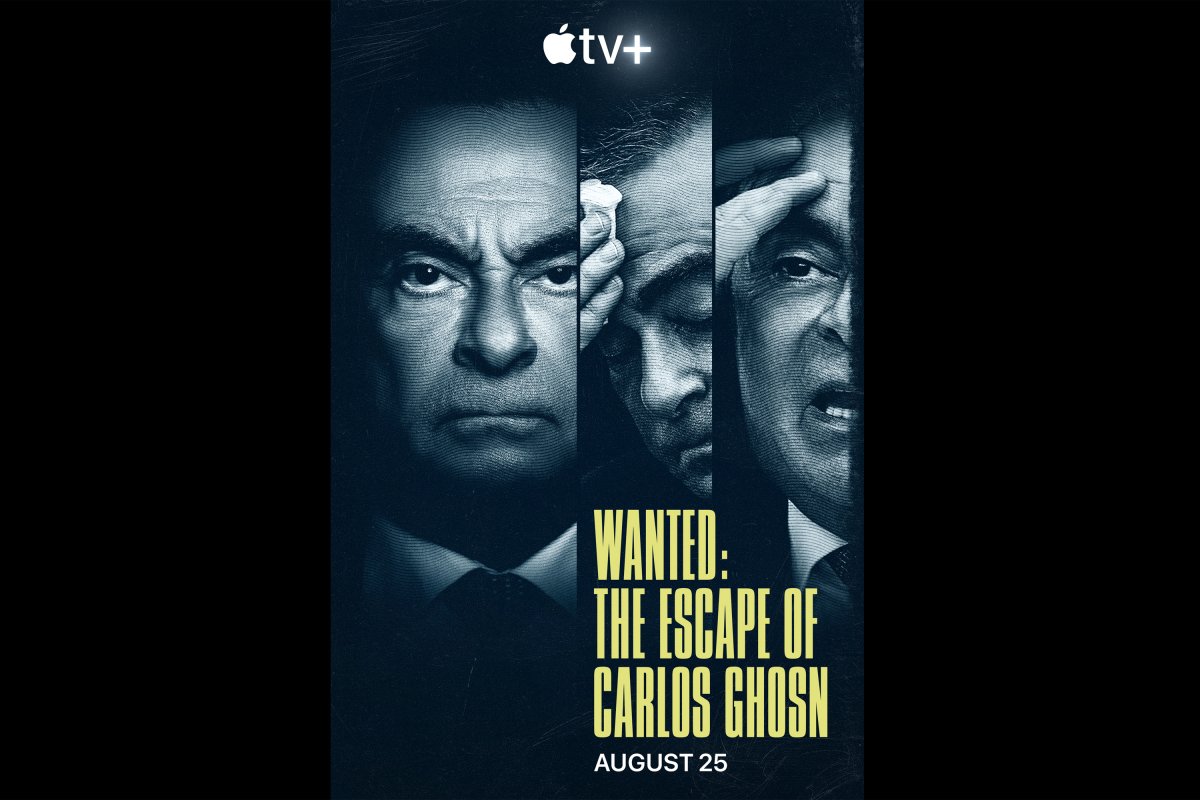
"So we told him that we're making this and we're going to do it properly and that we have the time and space to tell the story. We're not looking at one angle. We want to get our hands into everything. And there will be things in the series that you don't like, but you would like the final product overall much more if you're in it and you're making your own case and helping us understand what you've been through.
"On a really basic level I think they trusted that we're going to do it properly. We were speaking to the right people and genuinely trying to understand the full spectrum of the story. But it was a long process of talking to them and having conversations and then in the end we filmed the interview. They were very straightforward with us."
Could you have done the documentary without Ghosn?
Jones: "That's a good question, because there was never any guarantee that that we would get them. I really think we would have struggled to make this four-part doc without Carol and Carlos. Because they're compelling, it's their story.
"My dream was always to have Carlos, Carol, Mike Taylor, Peter Taylor, just telling, blow-by-blow, how the escape happened and none of that would have been possible. If we had finished a year ago the Taylors wouldn't have been a possibility.
"I think, as is often with these things, having someone who was in the room telling you is always the most exciting. When the Ghosns came on board, and then much later when the Taylors came on board, we had already done journalistic legwork and investigation. But unless you actually have the real deal on screen it's not going to be everything it could be."
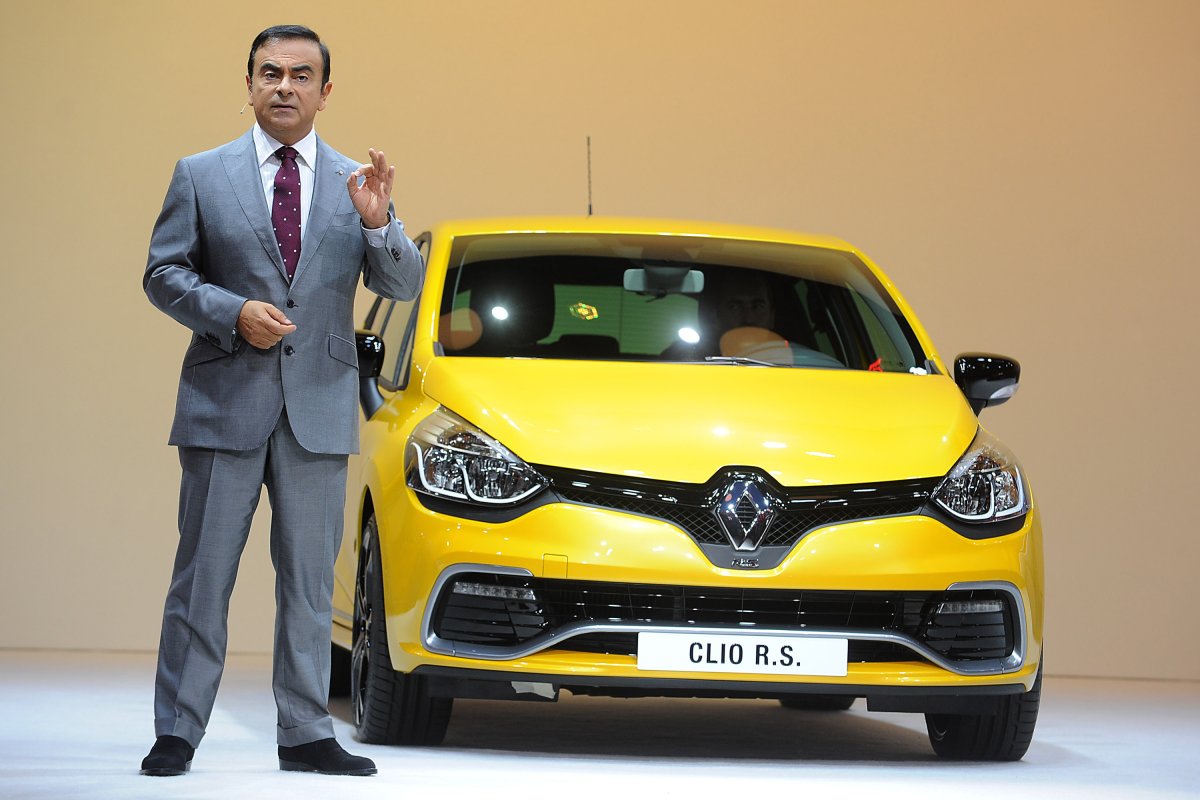
So these threads were unwinding as you were making the documentary.
Jones: "The Taylors were released early so that happened in our timeframe and then there was the French investigation angle, they effectively put out an arrest warrant for Carlos Ghosn. That changed the story a bit because it was easier for him to say up until that point that this was a Japanese conspiracy, that it's not a fair system, that I won't stand a fair trial. I think a lot of people took that at face value, given what we've learned about the Japanese system.
"It's much harder for him to say that about France. And so now he's in a position where he's in Lebanon, there's an Interpol Red Notice, and he's always said he wants to stand trial as long as it's a fair trial. He has that opportunity in France, but he says that Lebanon has his passport and won't allow him to leave. I think a lot of people feel like Lebanon is protecting him and not investigating.
"We also got our hands on all the allegations against him and the ones that came up later are more serious. That was an interesting development in terms of how he's perceived globally, perhaps it's more complicated than just to kind of miscarriage of justice in Japan."
In the documentary there are claims against Nissan from Ghosn and vice versa, what are your legal obligations there?
Jones: "We had really good lawyers going back to every detail. I think the key thing with the allegations against Ghosn was that I got to sit down with him, present to him, and then we included his responses to it at some length. We were confident in terms of seeing exactly the detail of these allegations. So it was just giving him a chance to respond to that.
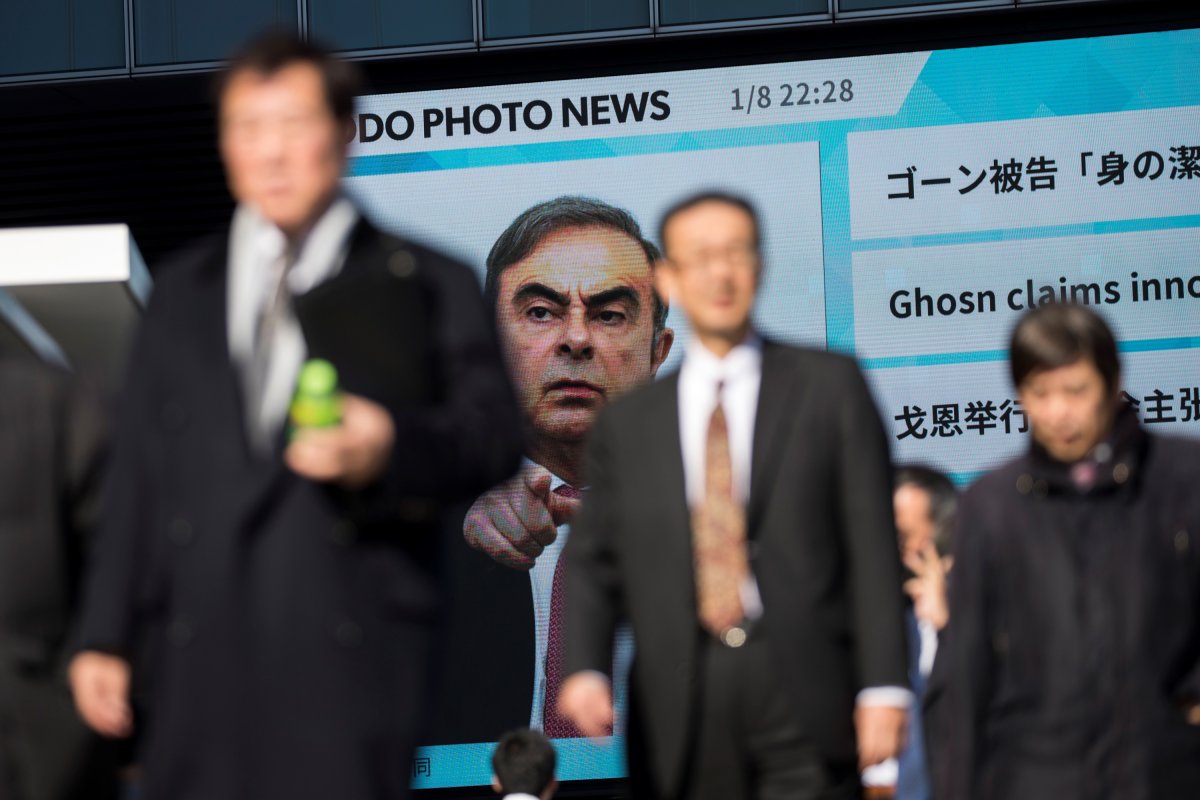
"None of the Nissan employees who were involved in this suspected kind of 'plot against him' would speak to us. That's the hardest thing, to balance journalistically because they're just not they're not willing to answer those allegations. But we just presented the evidence as we found it. It's a shame they wouldn't talk to us but that's been their policy the whole way through this."
You did get one former Nissan employee to speak, Hiroto Saikawa, what was his role?
Jones: "Saikawa was basically Ghosn's successor CEO but ended up standing down not so long after this whole thing unfolded. He acts as a bit of a proxy for Nissan and he basically said, Ghosn committed crime. This wasn't about stopping a merger this was because he had committed a crime, which I guess is Nissan's position so it was reflected by him."
How hard was it to get the Japanese Minister of Justice to go on-camera?
James Jones: "He was a former minister [at this point]. He wanted to set out the idea that Ghosn had committed real crimes and that this wasn't just a conspiracy. So it's important for us to reflect that.
"I think the reality is that the initial charges against Ghosn were very thin. Ordinarily this would have been dealt with internally at the company. So his treatment early on felt disproportionate. What's interesting is that as time went by, and they actually discovered more serious allegations that he hasn't yet fully answered. So, it may be that the Japanese feel vindicated by that in the in their eyes."
Is there anyone else besides Nissan employees that you wanted to get to participate but didn't?
Jones: "We would have liked to get some smaller players in the whole saga. Obviously, we had lots of off the record conversations, but it would have been cool to get to Turkish pilots of the private jets. And maybe the Japanese people working at the airport, who waved them through. That was always a very long shot. We had the main players who could tell the stories. That was the main thing. But there was no one in the end who I thought did serious damage to the series by not being included. I think we got the key people."
Uncommon Knowledge
Newsweek is committed to challenging conventional wisdom and finding connections in the search for common ground.
Newsweek is committed to challenging conventional wisdom and finding connections in the search for common ground.
About the writer
Jake Lingeman is the Managing Editor for the Autos team at Newsweek. He has previously worked for Autoweek, The Detroit ... Read more
To read how Newsweek uses AI as a newsroom tool, Click here.






